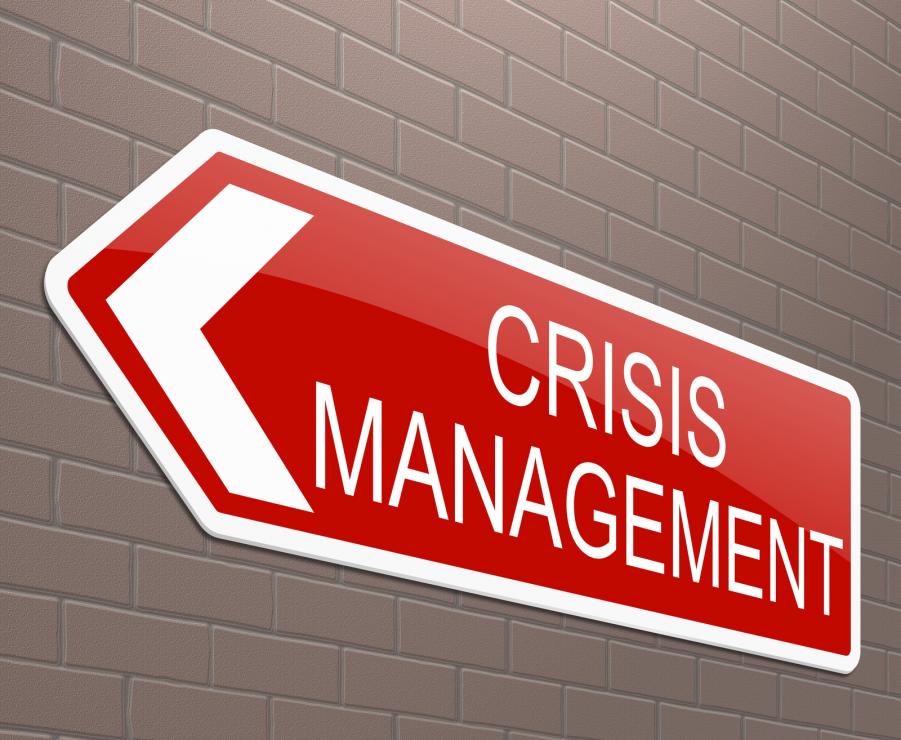| |
11612
0
Turning Crises into Opportunity: Lessons Learned

The need to improve safety and better manage stressful situations is increasing in companies all over the world. If there is one sector that can particularly take advantage of better crisis management, it is construction. Why? The leading number of deaths due to accidents at the workplace is credited to construction. Additionally, construction accidents can lead to full-blown disasters, which ups the ante when it comes to fine-tuning a company’s approach to handling crises.
Crises as an Opportunity
Mishaps can happen at the workplace anytime. It is almost unavoidable. Taking a step back and looking at crises as an opportunity rather than solely as a setback can help employers make improvements to their organizations. In case an accident takes place, you and your team should carefully dissect the events that led to it.
Optimize Early Detection
Using the knowledge of what caused the accident in the first place, standard operating procedures in terms of detecting and issuing warnings should be improved. If an accident has happened for the first time in your organization, consider it an opportunity to learn. If it happens again, it is an opportunity wasted due to inattention at best, negligence at worse.
Prevention is Key
Other than implementing early warning and detection processes, the focus should be on prioritizing prevention. The best way to manage a crisis is, after all, to prevent it entirely. Ensure that proper measures are taken to make sure the events are never repeated again.
Scenario Planning
Failing at crisis management happens due to a lack of preparation. Other than training your staff to make sure accidents are not repeated, there should be measures taken to prepare for similar situations. Creating emergency scenarios and devising strategies to deal with them can be an effective way to achieve this goal.
Related Read: The 7 Critical Components of a Crisis Management Plan
Defining the Chain of Command
Multiple experts may be working at any time on a job site. When devising different crisis management strategies for different scenarios, it can be beneficial to assign a chain of command for each of these planned-for situations. In case of a crisis, having a pre-defined chain of command will help you manage and mitigate damages as everybody will already know their respective roles.
Communication is everything
Perhaps the most important strategy that can be applied to improve crisis management in construction is to stress better communication between employees and employer. Clear lines of communication between you and your employees can help mitigate risks, save lives, and minimize damage in case of a crisis at work.
Final Thoughts
Organizational leaders need to be knowledgeable about crisis management measures and related skills. There are lessons to be learned through previous incidents at the workplace and simulated scenarios so the entire team can learn how to tackle problematic situations with little to no damage.
